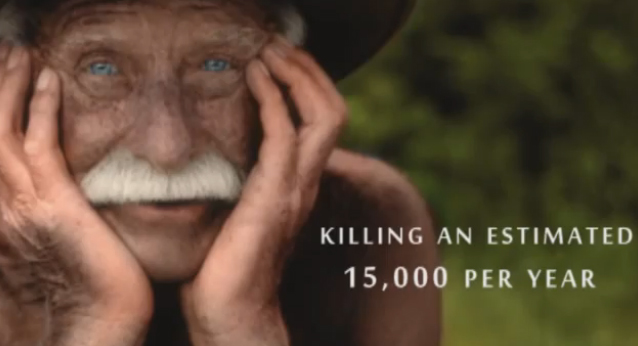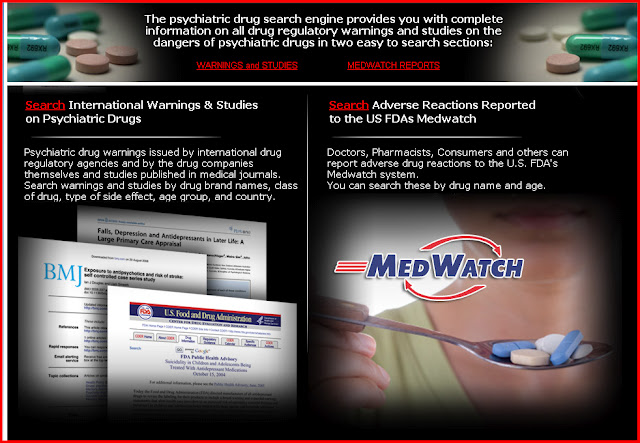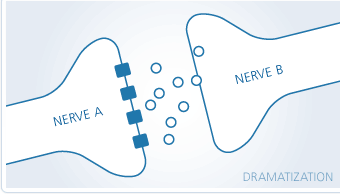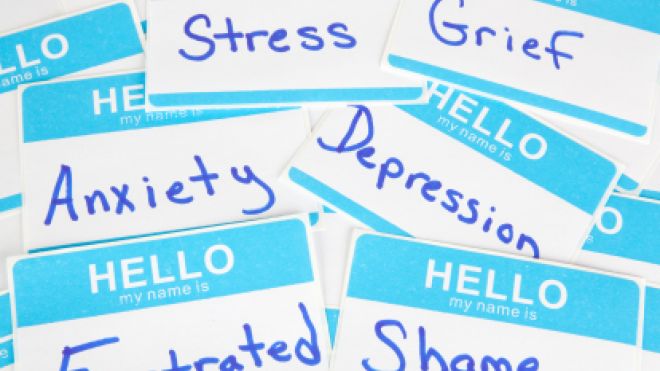
The disgrace of a nation that treats old people like animals
Let’s imagine for a moment that it’s routine practice in this country to sedate babies who won’t settle: that the more they cry, the more drugs are poured down their tiny throats.
The same treatment, let’s imagine, is also routine for the mentally disabled: whenever they create too much disturbance, we simply cosh them with chemicals.
There would be a national outcry. Heads would roll. Money would be found immediately to train medical staff and carers so that such a scandal could never, ever happen again.
Now let’s stop imagining and face the appalling truth. The nightmare scenario that I’ve just painted is precisely what’s happening to some of the most vulnerable people in the land — the elderly.






SHARE YOUR STORY/COMMENT: